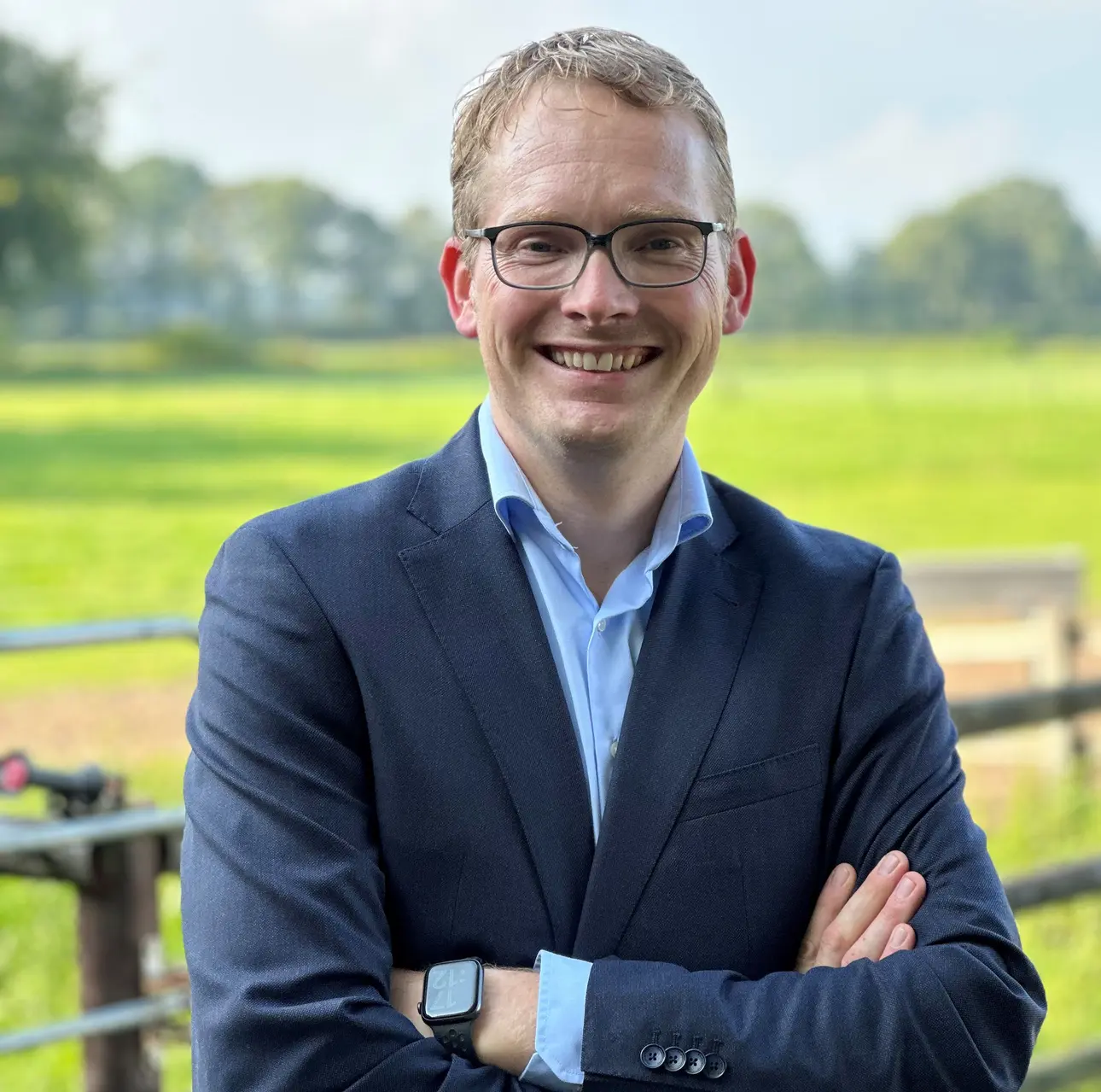There are times when being a farmer is no fun. The persistent rain and the resulting partly impassable arable land make the initial application of fertiliser and the spreading of manure a test of patience at the moment. And the current situation on the milk and pig markets as well as for grain is anything but favourable. But resigning and burying your head in the sand in such a phase is no good either. Nor is the principle of hope enough to get things back on track.
Change is needed.
Although the process of change is part of life and is necessary, we are sceptical and often even fearful of it. Few of us really want to change. According to business psychology, however, eight out of ten bad decisions are due to the fact that we are not prepared to change by letting go. We hold on to old structures, old processes and old behaviours.
Fear is the biggest blockage in our lives.
We are afraid of failing, afraid of not being up to the new challenge, sometimes we are even afraid of success. But fear, respect and apprehension are not wrong. The key is to become aware of your fears, get to the bottom of them and use strategies to turn fears into courage and action.
Fear is the natural enemy of everything new.
It blocks our senses, our thinking and causes us to freeze in some situations. Where fear rules, there is no improvement: Ideas fail to materialise, our creativity dries up, our arms and legs become weak. Fear only helps us on the edge of the abyss. There it sometimes gives us wings. Otherwise, it always brings us to a standstill. The question is not whether we are afraid, but how we deal with it: How do we deal with it? Who is controlling whom - is fear controlling us or are we controlling fear?
Turn your fears into courage.
We need to become aware of the fear that blocks us and prevents us from solving the tasks set before us. I'm sure you're all familiar with the situation of the heavy telephone receiver. You have an important phone call to make to your bank, the country shop or your tax consultant. You can reach the person you need by phone by 5 pm. What usually happens? Until two minutes to five, you run round the phone like you're beating about the bush. You get things done for which there is otherwise no time. Then you dial the number after all. If you don't get through to anyone, you have to go through the procedure again. And even if you do get through to the person you want to speak to, how have you felt all day - full of energy or rather accompanied by a slight upset stomach? And how do you think your day will develop if you have the conversation in the morning?
1. Take the bull by the horns.
What is a torero most afraid of? Exactly, it's the bull's horns. They can slit his belly open and impale him. However, if the torero manages to take the bull by the horns, his fear of the bull is gone - what remains is respect. We have to face our fear. Do you remember the telephone receiver?
That's why it's important to tackle exactly what you're afraid of - you ‘pull it off’ and then you've done it. How do you feel afterwards? Fantastic, great. What do you get in return? Self-confidence, courage, strength, satisfaction and a few more things that start with ‘self’: Self-confidence, self-affirmation, self-esteem. You get this when you do something that you are afraid of. And there you see: fear is not fundamentally bad, quite the opposite. Fear is an opportunity. There is no other way you can develop so quickly.
2. Let's relativise.
Imagine the following: There is a plank in front of you, 30 cm wide and 7 metres long. Do you dare to walk across it? Of course you dare! This task seems child's play. Now let's go up: Do you dare to walk over it at a height of 1 metre? Do you dare to walk over it at a height of 3 metres, or even 7 metres? Why do you think you were prepared to do it the first time and then dropped out of the exercise over time? Because you relativised the situation for yourself.
Fear can also be relativised by the example of other people, according to the motto: If he did it, I can do it too. Do you recognise that? Looking to role models gives you the courage to achieve the same. The only restriction: correctly assess the external conditions that you cannot influence yourself.
Positive thinking alone is not enough.
It also requires positive action. Because you can only move things forward and conquer your fears if you take action.
Thomas Alva Edison put it in a nutshell: „Our greatest weakness lies in giving up. The sure way to success is to do it again in the best possible way. Success comes to those who do something while waiting for success."











